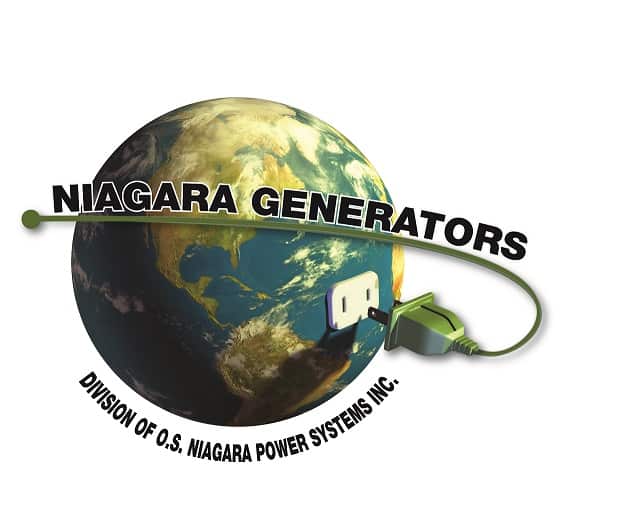Ultimate Guide to Choosing the Best Home Backup Generators for Your Needs
In today's world, the increasing frequency of severe weather events and power outages has made home backup generators an essential consideration for homeowners looking to ensure their safety and comfort during uncertain times. According to a recent report by the U.S. Energy Information Administration, nearly 34 million Americans experienced power outages in 2020 alone, highlighting the critical need for reliable electricity sources.
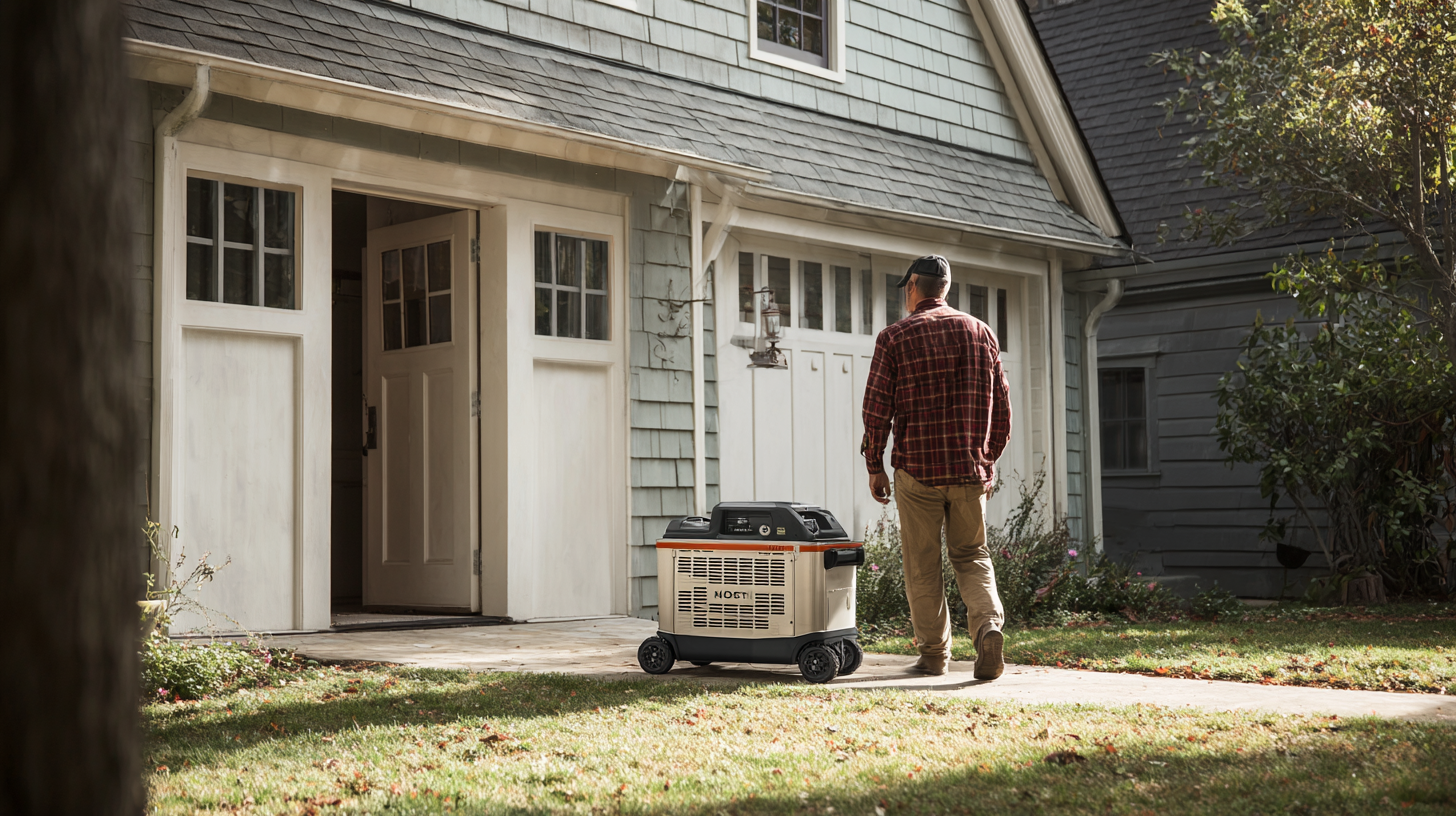
With the global home backup generator market projected to reach $4 billion by 2026, driven by technological advancements and growing awareness of energy resilience, choosing the right system is more crucial than ever. This guide aims to provide comprehensive insights into the various types of home backup generators available, enabling you to make an informed decision tailored to your specific needs and challenges.
Comprehensive Factors to Consider When Selecting a Home Backup Generator
When selecting a home backup generator, several comprehensive factors should be considered to ensure the unit meets your specific needs. First, understanding your power requirements is crucial. According to a report by the U.S. Energy Information Administration, the average American home uses about 877 kWh per month, translating to approximately 30 kWh per day. Calculating which essential appliances you need during an outage—like refrigerators, heating systems, or medical equipment—will guide you in choosing an appropriately sized generator, typically measured in wattage.
Another vital consideration is the type of fuel your generator will use. Generators primarily run on gasoline, propane, or natural gas. The Propane Education & Research Council indicates that propane burns cleaner and is often more efficient than gasoline, making it a preferred choice for many homeowners. Additionally, factors such as portability, noise levels, and runtime during outages should be taken into account. For instance, the U.S. Department of Energy recommends looking for generators that provide at least 8-10 hours of runtime at half load, ensuring that you have reliable power for more extended outages without constant refueling.
Ultimate Guide to Choosing the Best Home Backup Generators for Your Needs
| Feature | Description | Capacity (Watts) | Fuel Type | Runtime (Hours) | Noise Level (dB) |
|---|---|---|---|---|---|
| Portability | Compact and easy to transport. | 2000 | Gasoline | 8 | 58 |
| Power Output | Sufficient to run essential appliances. | 5000 | Propane | 10 | 65 |
| Start Type | Easy start with recoil or electric. | 7500 | Dual Fuel | 12 | 70 |
| Safety Features | Automatic shutoff, CO detection. | 10000 | Diesel | 24 | 75 |
| Warranty | Coverage for parts and service. | 12000 | Natural Gas | 20 | 68 |
Evaluating Generator Power Output: Understanding Wattage and Runtime Needs
When selecting a home backup generator, understanding power output is crucial. Wattage refers to the amount of electricity a generator can produce, which directly influences the appliances you can run during a power outage. According to a report by the U.S. Energy Information Administration, the average American household consumes about 877 kWh per month, translating to roughly 29 kWh per day, or about 1.2 kWh per hour. This data suggests that a generator with at least 5,000 to 7,500 watts is often recommended for powering essentials like refrigerators, heating systems, and lights during outages.
Furthermore, runtime is equally important as it determines how long your generator can sustain power during an outage. Most portable generators offer runtimes ranging from 8 to 12 hours at half load, reflecting their fuel efficiency and capacity. A study from the National Renewable Energy Laboratory indicates that fuel consumption can vary significantly based on the load and generator size, emphasizing the need to match your generator's output to your anticipated usage. Choosing a generator with an optimal balance of wattage and runtime can ensure that your home remains comfortable and functional in case of an emergency, making thorough evaluation before purchase indispensable.
Power Output Comparison of Common Home Backup Generators
This chart compares the peak wattage output and runtime capacity of various common home backup generators. The data highlights the trade-offs between power output and duration of usage, helping consumers make informed decisions based on their specific needs.
Analyzing Fuel Types: Pros and Cons of Gas, Propane, and Diesel Generators
When it comes to choosing a home backup generator, understanding the various fuel types—gasoline, propane, and diesel—is essential for making the right choice for your needs.
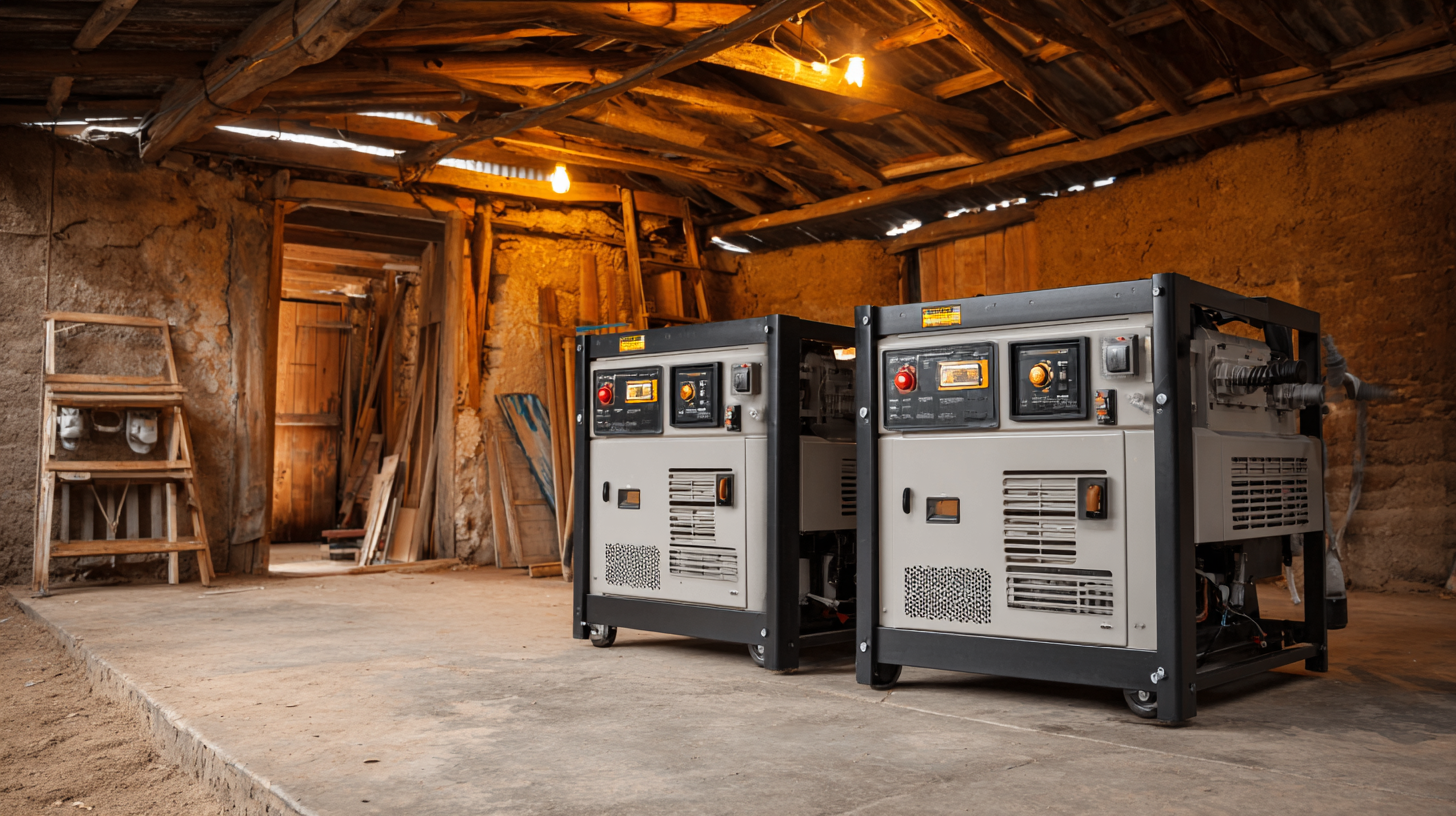 Gasoline generators are widely available and often more affordable upfront; however, they have a shorter shelf life and can be less reliable over time due to fuel degradation. On the other hand, propane generators offer a cleaner burn and longer storage capabilities, making them more environmentally friendly. Diesel generators are typically favored for their fuel efficiency and longevity, particularly for larger demands, but they can be louder and higher in emissions.
Gasoline generators are widely available and often more affordable upfront; however, they have a shorter shelf life and can be less reliable over time due to fuel degradation. On the other hand, propane generators offer a cleaner burn and longer storage capabilities, making them more environmentally friendly. Diesel generators are typically favored for their fuel efficiency and longevity, particularly for larger demands, but they can be louder and higher in emissions.
Tips: When selecting a generator, consider the wattage requirements of your home appliances. A comprehensive analysis of expected load can help avoid overloading the generator and ensure a seamless power supply during emergencies. Additionally, consider the storage capacity and accessibility of your fuel type; propane tanks can be refilled easily, whereas gasoline must be managed carefully to prevent spoilage.
Knowing the strengths and weaknesses of each fuel type allows you to tailor your choice to your specific needs and environmental considerations. As the industry evolves towards more electrification and renewable sources, it's significant to explore options that align with both efficiency and sustainability, reducing your carbon footprint while ensuring reliable backup power for your home.
Cost-Effectiveness: Assessing Initial Investment and Long-Term Expenses
When considering home backup generators, assessing cost-effectiveness is crucial. The initial investment is often the most significant factor in the decision-making process. Prices for high-quality generators can vary widely, depending on output capacity and additional features. It's essential to evaluate what fits your specific needs and budget. While a higher upfront cost may deter some buyers, investing in a more robust generator could save money in the long run by providing reliable power during outages and potentially reducing maintenance issues.
Alongside the initial purchase, long-term expenses should also be taken into account. This includes fuel costs, maintenance, and any additional installation expenses. The more efficient the generator, the lower these recurring costs will likely be over time. Therefore, researching various models and understanding their operational efficiencies can lead to significant savings. By carefully balancing initial investment against ongoing expenses, homeowners can make informed decisions that ensure they choose the best generator for their needs.
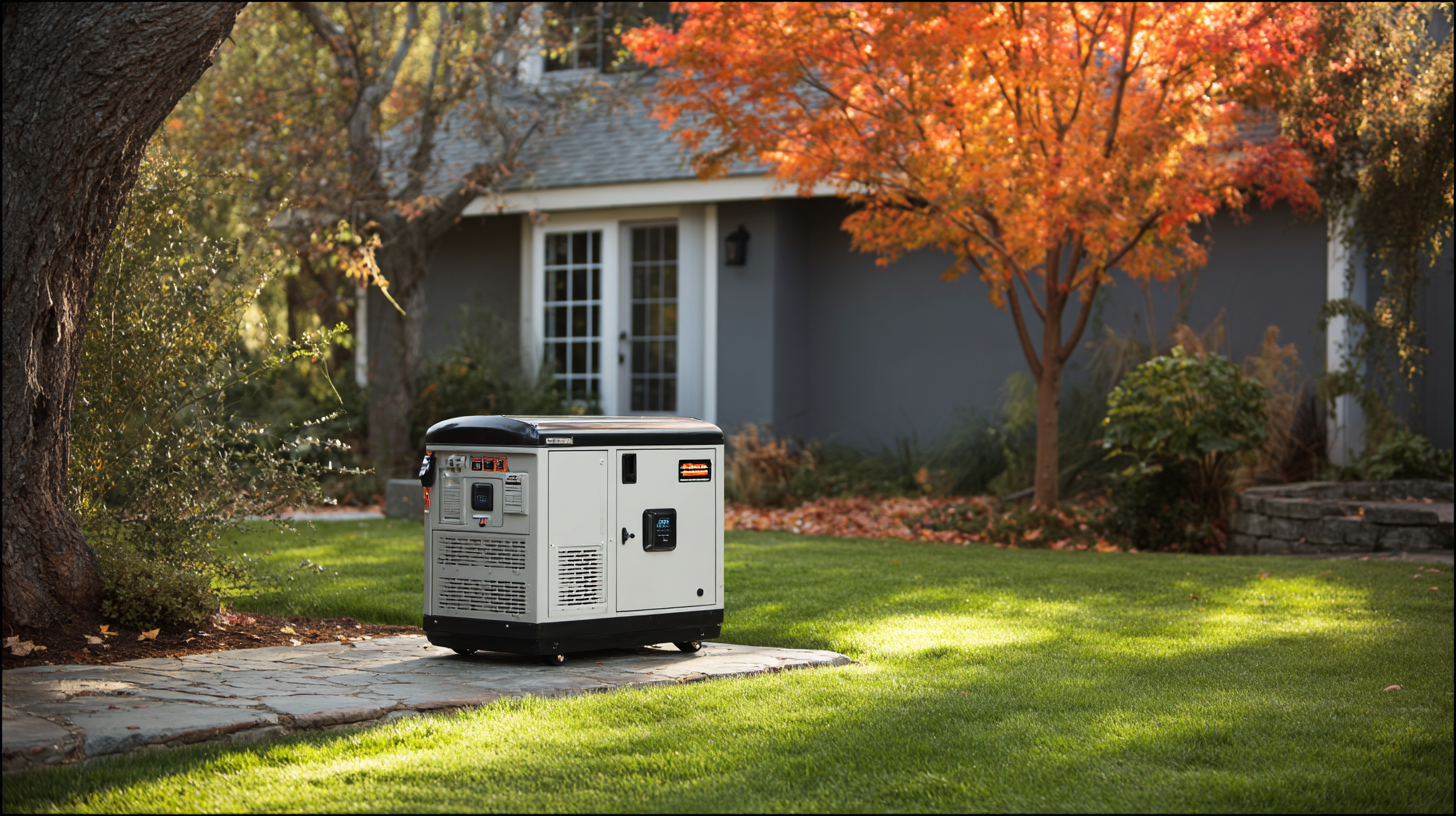
Safety Features and Regulations: Ensuring Reliable Operation During Outages
When considering the selection of a home backup generator, safety features and compliance with regulations play a pivotal role in ensuring reliable operation during power outages. Generators equipped with automatic shut-off mechanisms, surge protection, and CO detection systems significantly reduce the risks associated with operation. These features are especially vital in preventing accidents and ensuring the health and safety of users during adverse weather conditions or unexpected power failures.
Moreover, staying informed about local regulations and standards can further enhance the reliability and safety of backup generators. As seen with recent initiatives by electric utility companies focusing on uninterrupted power supply and grid maintenance, adherence to guidelines ensures that backup systems are not only efficient but also compatible with existing infrastructure. This level of preparedness is essential for smooth operation, ultimately leading to increased confidence among homeowners when using backup power solutions during outages.
Related Posts
-
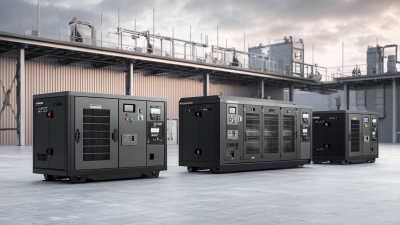
The Future of Power Backup How Commercial Generators are Meeting Growing Energy Demand
-
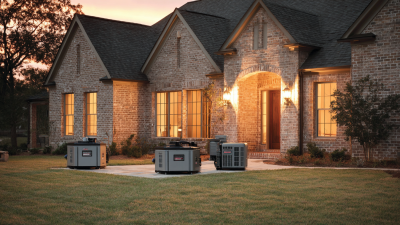
The Ultimate Guide to Choosing the Right Home Backup Generator for Your Needs
-
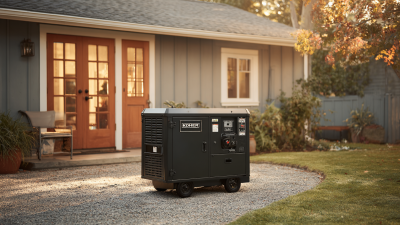
Maximize Your Home's Power Security: Essential Kohler Generator Service Tips You Need to Know
-
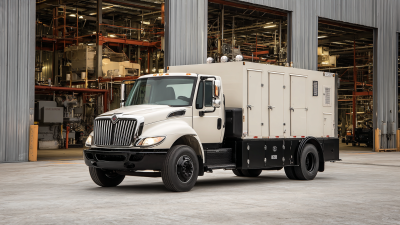
Unlock Reliable Power: Expert Insights into Kohler Generator Service for Uninterrupted Performance
